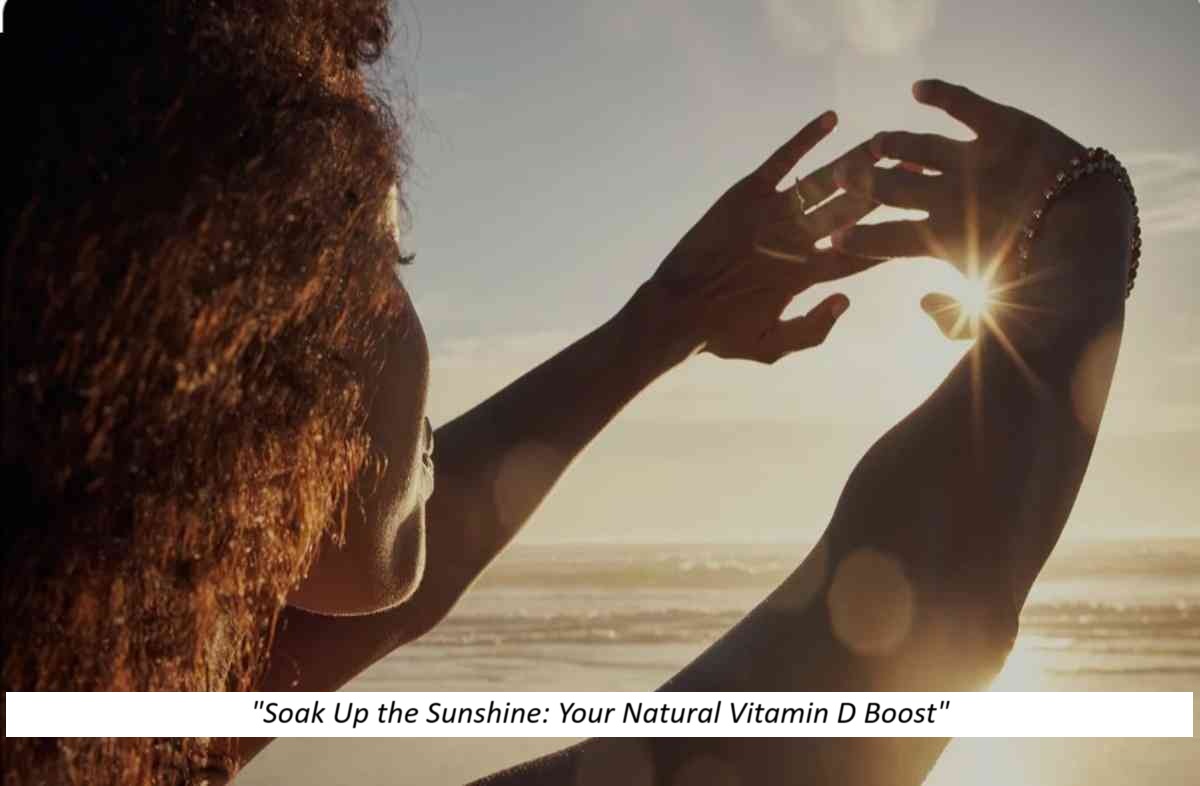Experts Revisit the Role of Sun Exposure in Combating Vitamin D Deficiency, Mood Disorders, and Immunity.
🌞 The Return to Natural Sunlight
As modern lifestyles have shifted increasingly indoors—thanks to work-from-home setups, screen addiction, and urban living—health experts are sounding the alarm on a silent epidemic: Vitamin D deficiency. Now, sunlight is having a renaissance, with scientists and wellness coaches urging a return to safe, daily sun exposure to reclaim physical and mental health.
🧬 Why Vitamin D Matters
Vitamin D, often called the “sunshine vitamin,” plays a vital role in bone health, immune regulation, and mood stabilization. Despite the availability of supplements, natural sun exposure remains the most efficient source of vitamin D3 (cholecalciferol), which is synthesized in the skin.
Key Health Benefits:
- ✅ Supports calcium absorption for stronger bones and teeth
- ✅ Boosts the immune system, helping fight infections
- ✅ Enhances mood and mental well-being by regulating serotonin
- ✅ May lower the risk of autoimmune diseases and cardiovascular issues
📉 The Alarming Rise of Deficiency
According to global health studies, over 1 billion people worldwide are vitamin D deficient, with rates surging in urban populations, especially among those who:
- Work mostly indoors
- Use sunscreen excessively without breaks
- Wear full-body clothing for cultural or climate reasons
- Live in high-latitude regions with limited UVB exposure
🌤️ How Much Sunlight Is Enough?
Experts recommend:
- ☀️ 10–30 minutes of midday sun exposure, at least 3 times per week
- ☀️ Arms and legs should be exposed without sunscreen during this period
- ☀️ Individuals with darker skin may need slightly longer exposure due to melanin content
⚠️ Note: Overexposure can increase the risk of skin damage and melanoma. Balance and moderation are key.
🌿 The Wellness Shift: Back to Basics
Many wellness influencers, dermatologists, and nutritionists are promoting “sun journaling”, outdoor yoga, and morning walks to naturally integrate sunlight into daily routines. The holistic movement emphasizes circadian rhythm alignment, where morning sunlight boosts alertness and nighttime darkness supports melatonin production for better sleep.
📌 Expert Advice
“The goal isn’t to bake in the sun but to get gentle, consistent exposure for your body to function at its best,” says Dr. Nisha Raj, a clinical nutritionist.
⚠️ Disclaimer:
This article is for informational purposes only. Always consult a qualified medical professional before making any changes to your health, sun exposure, or supplement routine.



